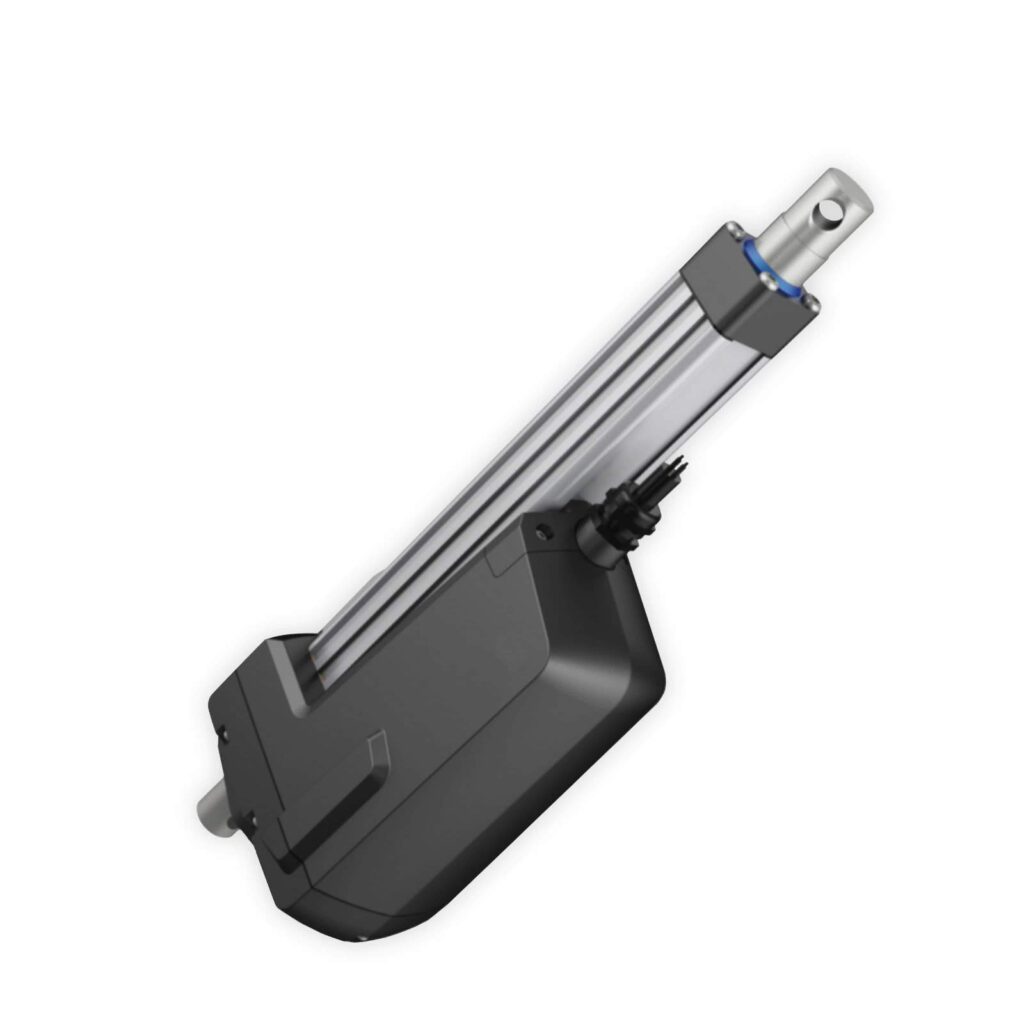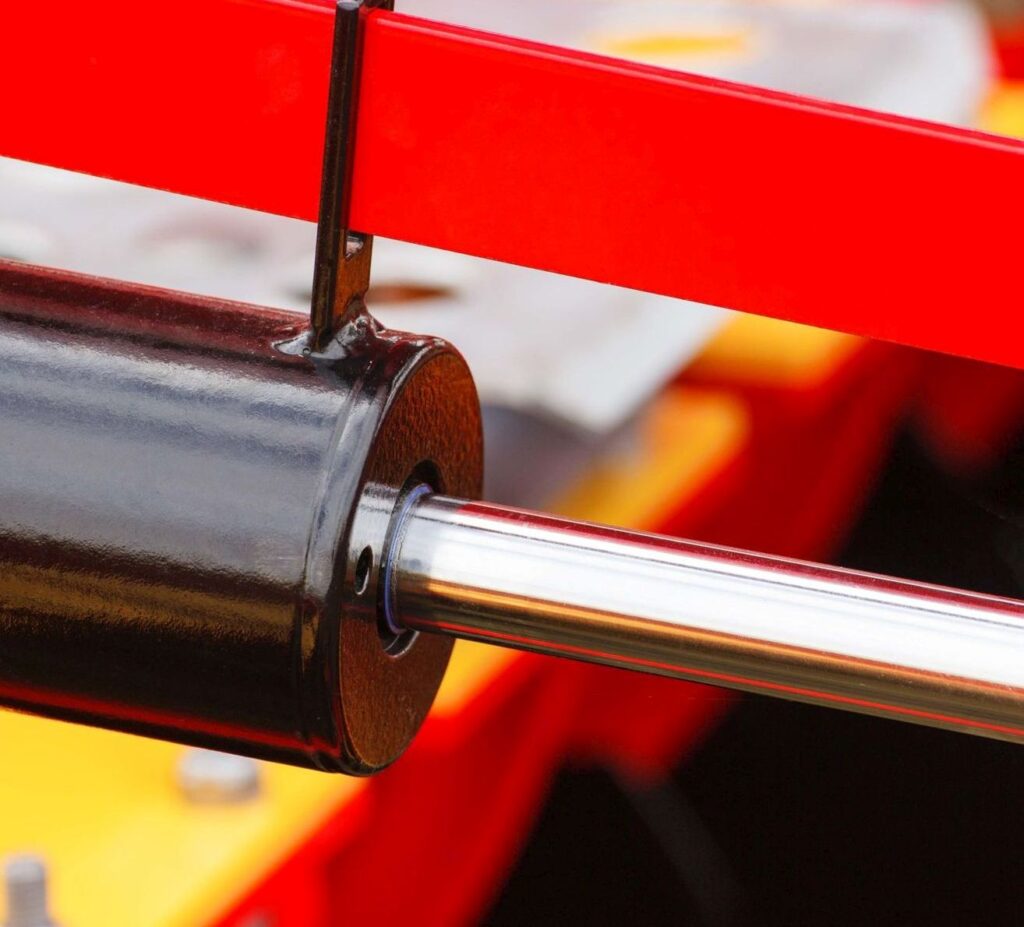Linear actuators play a very important role in modern industry. They are key elements to implement industrial automation solutions. Not only that, but home automation uses linear actuators also. As a result, actuator manufacturers offer a very wide selection of products for various applications, from heavy-duty actuators to small and precise ones. Check some of the most commonly used heavy-duty actuators here.
However, the current actuator market is plagued with imitations and low-quality devices. Most of these low-cost alternatives seldom meet the requirements of functionality and durability. In many cases, a potential buyer will see two different actuators that look practically the same. But the performance can be completely different. Hence, in this article, we review three important questions you should ask before you purchase a linear actuator. These are:
- What materials is the actuator made of?
- What are the real specs of the actuator?
- What are the terms of the warranty?
These questions may not seem so important; however, they are critical. If you want to find the best quality actuator out there, it is mandatory to ask the said questions. Let’s discuss them one by one.

Question 1: What Materials Is the Actuator Made of?
You can find actuators in the market that are made of a wide variety of materials. However, you should consider only actuators made of aluminum. This material is not cheap. Thus, low-quality actuators are rarely made of aluminum. They usually use iron or any other low-cost alloy. But even if they use aluminum, take into account that not all aluminum alloys are of the same quality.
For actuators, the ideal material is alloy 6061. This material is strong, lightweight, and highly resistant to corrosion. Alternatively, for heavy-duty actuators, alloy 7075 can be used for highly stressed parts. Hence, you have to ask the seller what material the actuator you want to buy is made of.
You may wonder how you can know whether the seller is giving you the right answer. It is simple. Ask the seller to show you the Material Certificate for the relevant actuator. Serious manufacturers will always have such a certificate to prove that the actuator meets the necessary standards for reliability and durability.
Question 2: What Are the Real Specs of the Actuator?
Sometimes, some sellers quote specs of an actuator about force and speed that seem suitable for your application. But once you install the device, it fails to deliver what was promised. Thus, you must ask to see the specs in the manual provided by the manufacturer. It is not enough to be told the actuator meets your requirements. You have to verify it by reading the specs yourself.
As a piece of advice, make sure to allow a margin of error. It is not recommended to use an actuator at 100% of its load or speed. Hence, you must select an actuator with 10-20% higher force and speed than you need. Likewise, pay attention to the electric specs. Voltage and current draw are the most important parameters to check. A seller must be able to procure all this information in a printed manual.

Question 3: What Are the Terms of the Warranty?
In some cases, two actuators made by the same manufacturer don’t necessarily have the same performance. Sometimes, one of them can work according to its specs whereas the second doesn’t. This type of inconsistency often occurs with low-quality actuators. Thus, ask whether the warranty covers this type of problem. If the manufacturer can replace an actuator for failing to meet its specs, then you are covered.
Also, the warranty should be valid for a reasonable time, at least 12 months. If your actuator fails within this time, the manufacturer must repair or replace it. Some manufacturers will even offer to cover the shipping costs in case of a warranty claim. Before you buy the actuator, ask all the questions that you deem pertinent about the warranty terms and conditions.
Other Tips to Take into Account before You Buy an Actuator
First and foremost, choose wisely the seller. For a good seller, meeting the requirements of a customer is more important than completing a sale. Hence, a reliable seller will not lie about the specs and limitations of an actuator. You will also get all the necessary assistance to select the most suitable actuator for your application. A good seller has always good technical knowledge about all the actuators for sale in their store.
Similarly, you have to identify a reliable manufacturer. Do your homework. Research different brands before you buy an actuator. Finding a good manufacturer through trial and error will be costly. Thus, you have to read each manufacturer’s website, read online reviews of their products, and gather as much information as you can.
If possible, send an email to or call the customer support team of a manufacturer. Ask all the technical questions that you deem necessary. In this way, you will also see the level of support that you can expect as a customer. Is the support team friendly? Are they willing to spend time answering your questions? Do they provide honest and reliable information about their products?
Also, watch out for cheap imitations and copycats. Some brands have earned a good reputation after decades of having produced high-quality actuators. Find out which brands have such good reputations and try to stick to their products.

Conclusion
Nowadays, the actuator market is full of different products. Potential buyers enjoy the benefit of a large selection to choose from. However, not all actuators are made to the same quality standards. Hence, you should always ask a seller the three questions we have discussed in this article.
The answers to these questions will give you information about quality, durability, and reliability. Don’t hesitate to ask the seller to show you the material certificate, manual, and specs list of each actuator. An honest seller will be open with the information of their products. By reviewing all this information, you’ll be able to select the right actuator for your application.
